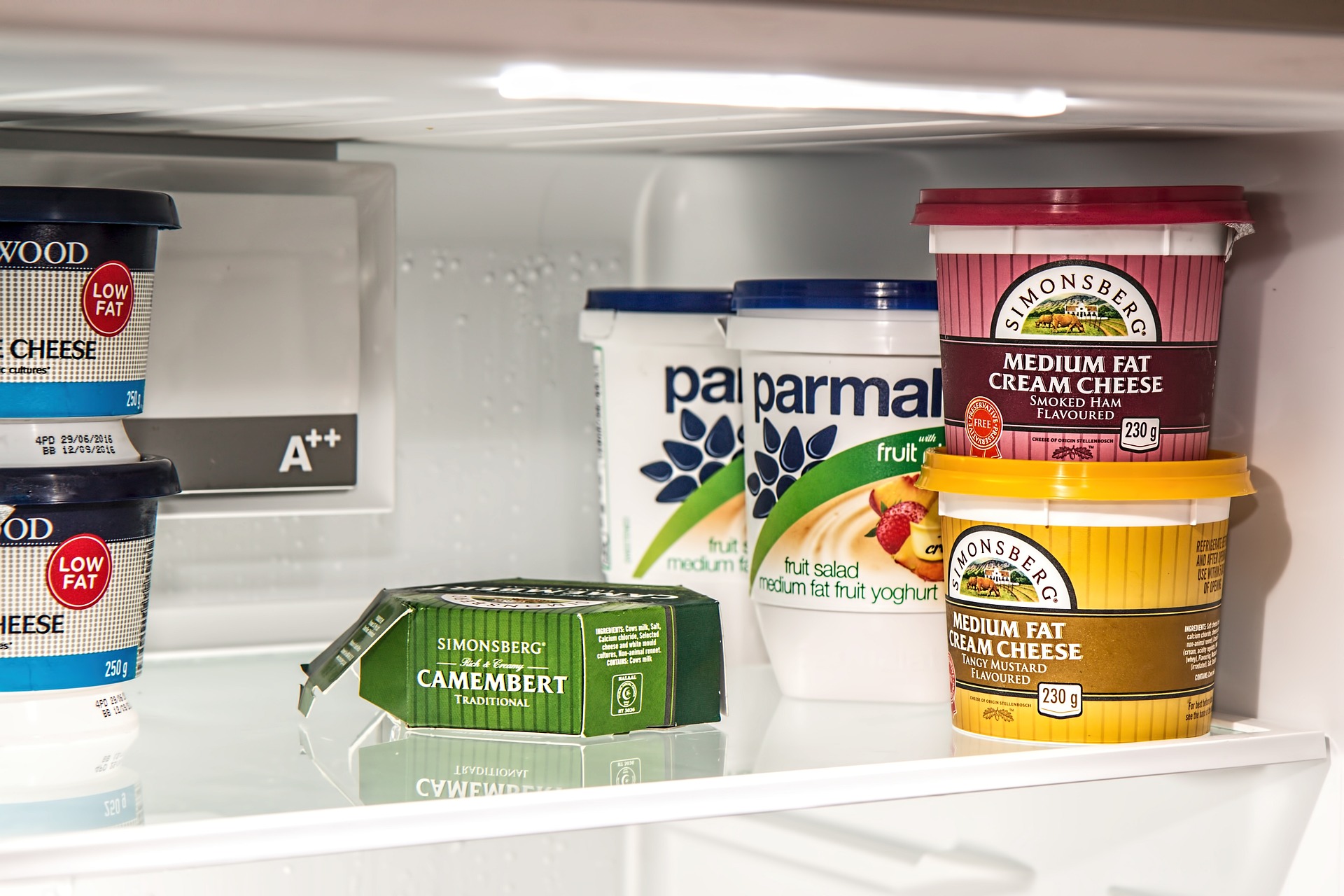Table of Contents
ToggleIntroduction
Frozen ready meals have become increasingly popular due to their convenience and easy preparation, but their impact on the environment is often overlooked. In this article, we will explore the environmental and health consequences of frozen ready meals, as well as sustainable options that can help reduce their negative impact.
The Environmental Impact of Frozen Ready Meals
- Food Miles: Frozen ready meals are often transported long distances, resulting in high carbon emissions from transportation.
- Packaging Waste: Frozen meals are often heavily packaged with plastic, leading to a large amount of waste that can take years to break down.
- Energy Consumption: The production and transportation of frozen meals require a significant amount of energy, contributing to greenhouse gas emissions.
Health Implications of Frozen Ready Meals
- High Sodium and Fat Content: Many frozen meals are high in sodium and fat, leading to negative health consequences such as high blood pressure and obesity.
- Lack of Nutrients: Frozen meals are often lacking in essential nutrients such as vitamins and minerals, which are crucial for overall health and well-being.
Sustainable and Healthy Alternatives
- Plant-Based Frozen Meals: Opting for plant-based frozen meals can significantly reduce the environmental impact of frozen meals while providing health benefits.
- Homemade Frozen Meals: Preparing and freezing meals at home can significantly reduce packaging waste and food miles while providing healthier meal options.
- Local and Seasonal Ingredients: Choosing frozen meals made with locally sourced and seasonal ingredients can significantly reduce food miles and promote sustainable agriculture.
Choosing Sustainable Frozen Meals
- Look for recyclable or biodegradable packaging options
- Choose meals with minimal processing and additives
- Opt for meals made with sustainably sourced ingredients
- Look for certifications such as USDA Organic, Fair Trade, or Rainforest Alliance to ensure sustainable practices are being implemented
Conclusion
While frozen ready meals provide convenience and ease, their impact on the environment and health cannot be ignored. Choosing sustainable and healthy options such as plant-based meals, homemade frozen meals, and locally sourced ingredients can help reduce negative impacts while promoting a more sustainable and healthy lifestyle. By being mindful of our food choices and their impact on the environment, we can make a positive impact on our planet and future generations.







